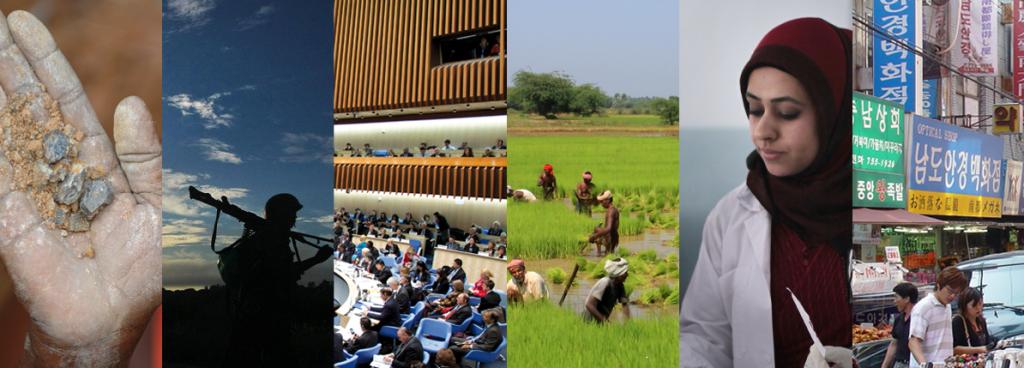Abstract
Social scientists do research on a variety of topics—gender, capitalism, populism, and race and ethnicity, among others. They make descriptive and explanatory claims about empathy, intelligence, neoliberalism, and power. They advise policymakers on diversity, digitalization, work, and religion. And yet, they can’t agree on what these things are and how to identify them. How to tell if something is a religion or a cult or a sect? What is empathy? What makes this society a capitalist one? Disputes of this sort arise again and again in the social sciences. I argue that these disagreements have been doubly misconceived. First, they conflate two questions: how a social science community should use its most important words, and what distinctions it should accept and work with. Second, there’s no fact of the matter about either. Instead, they’re practical reason questions for a community, which aim at epistemically and morally good outcomes. I call on social science communities to work together on their words, distinctions, and classifications. They must make collective decisions about the uses of words, the acceptability of distinctions, and the criteria for assessing both. These decisions aren’t up to individual scholars; the community gets the last word. According to my account, the common good, justice, and equality should play a significant role in the logic of scientific research.
About the Speaker
Gabriel Abend studied political science and history at Universidad de la República and got a PhD in sociology at Northwestern University. Seeing as capitalism wasn’t going to go away any time soon, he decided to sell his labor-power to New York University. He was an associate professor of sociology at NYU and is presently a professor of sociology at University of Lucerne. His book, Words and Distinctions for the Common Good, came out in 2023 with Princeton University Press. Satisfaction guaranteed or your money back.




